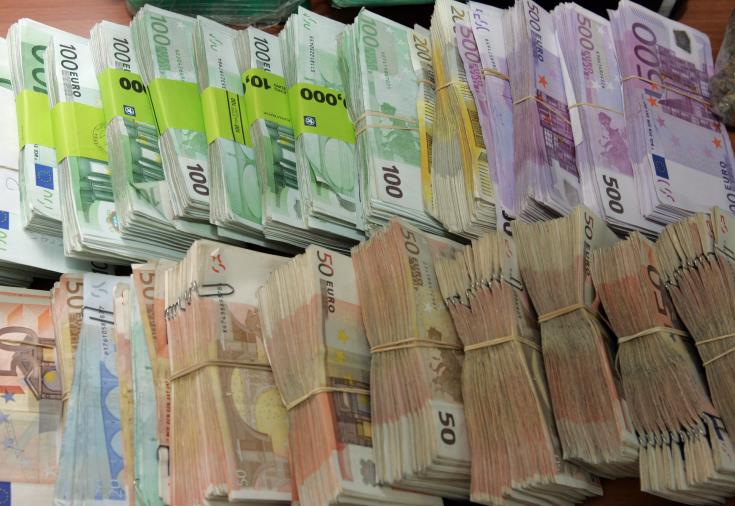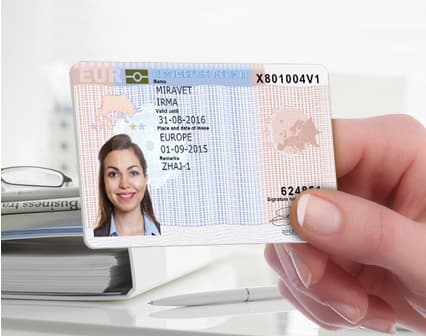The government has defended criticism from unions over the national minimum wage, arguing that €940 a month is among the highest in the EU, offering low earners more purchasing power than their fellow Europeans.
Quoting their statistics, the Finance Ministry argued that Cyprus comes 9th among EU states, while the minimum salary is worth €1,036 in purchasing power standards (PPS).
“The comparison in purchasing power units is important because in countries with comparatively lower price levels/cost of living, the purchasing power of wages is higher and vice versa,” said the ministry.
“Taking into account the cost of living using purchasing power parities, the minimum wage in Cyprus is converted to €1,036 in terms of purchasing power, including our country in the group of EU member states with a monthly purchasing power of over €1,000,” it added.
However, the ministry’s argument has holes.
A look at the list reveals that although Cyprus is among the top ten countries for PPS, others with a much lower national minimum wage are higher.
For example, Poland’s minimum wage is only €642, with a PPS of €1,104, meaning its minimum wage is worth €462 more each month in buying power.
The difference in Cyprus is only €96 per month.
The same case can be made in the case of Romania and Bulgaria.
Bulgaria has a minimum wage of €363 per month, but Bulgarians can purchase goods worth €630 in PPS terms, some €267 more than the wage.
For Romania, the difference is even greater, as the minimum wage is €516 and the PPS is €934, a whopping difference of €418.
Regarding the countries at the top of the list, the situation is reversed, despite salaries being larger compared to Cyprus.
In Luxembourg, which tops the list with a minimum wage of €2,313, the PPS loss is €565 per month, lowering the worth of their minimum wage to €1,748.
In Belgium, second on the list, the minimum wage is set at €1,845, but the PPS is only 1,624.
The government decided in August to introduce a national minimum wage from January, set at €940 after six months on the job.
The decision disappointed unions, claiming that they had been told by the late Labour Minister Zeta Emilianidou that the minimum wage would apply to a 40-hour working week, at around €1,000.
Trade unions had wanted the minimum wage based on the island’s median wage as calculated by EU Statistics on Income and Living Conditions (EU-SILC) survey.
The EU-SILC calculates it at €1,727, 9% higher than CyStat’s €1,573.










